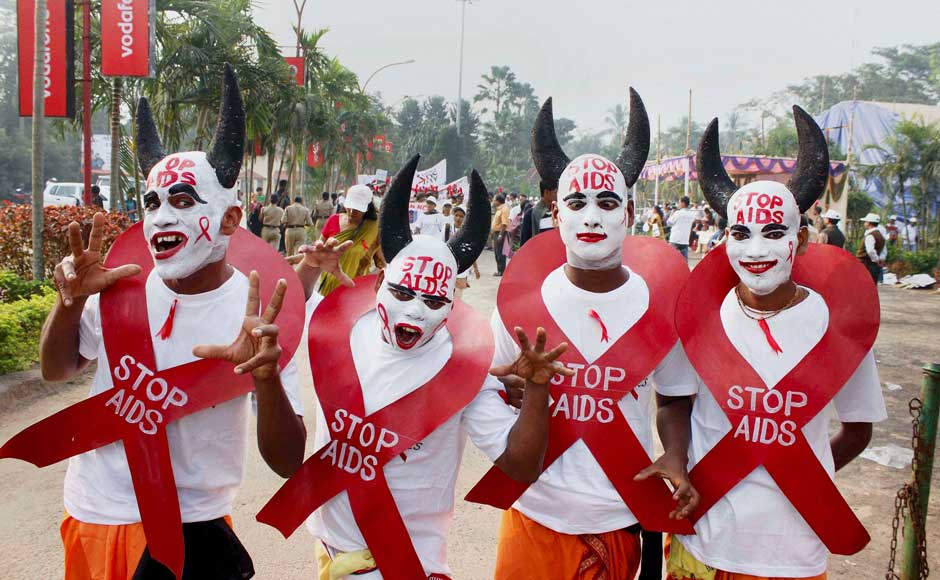It is time Africans, especially the leaders, paid more attention to the scope of the killer virus, HIV. While the virus continues to pose a major challenge globally, Africa has borne the greatest brunt, with millions of people dying from the disease annually.
According to the World Health Organization (WHO), Africa is the most affected region in the world, with more than 25.6 million people living with HIV. The continent also accounts for about two-thirds of the world’s new HIV infections.
“There are more than 22 million people living with HIV in sub-Saharan Africa and over half of them are women. Over 75% of women and 85% of children living with HIV worldwide are in the African Region,” WHO’s Regional Director for Africa, Dr Luis G. Sambo, said in a press statement.
“In the African Region, HIV/AIDS has claimed so many lives and largely contributed to a reduction of life expectancy with grave social and economic consequences.”
More Needs to Be Done
Although the African continent has made significant progress in reducing the effect of HIV/AIDS, a lot more needs to be done to ensure fewer people are getting infected with the virus. The continent is currently investing heavily in providing affordable drugs and commodities, innovative service delivery, and awareness campaigns.
In 2016, South Africa became the first African country to approve the use of antiretroviral medicines for prevention, pre-exposure prophylaxis, commonly referred to as PrEPs. Since then, many other African countries, including Kenya, have followed suit.
The continent is also partnering with different local and international organizations like the USAIDS to fight the pandemic. Through these efforts, there has been a significant reduction in the number of new HIV infections in 22 African countries, according to Dr. Sambo,
“The increased access to HIV treatment has reduced the number of people dying from AIDS-related causes. It is estimated that 500,000 fewer people died from AIDS-related causes in sub-Saharan Africa in 2011 compared with 2005, representing a 31% reduction,” Sambo writes.
He, however, advises that the current interventions need to be scaled up and extended to cover the entire continent.
“Let us work together towards Africa without AIDS-related death. This is our individual and collective responsibility,” Sambo says.
He also believes that more needs to be done in key areas such as HIV testing, health promotion, behavior change, and prevention to ensure a steady decline in the spread of the deadly virus.










